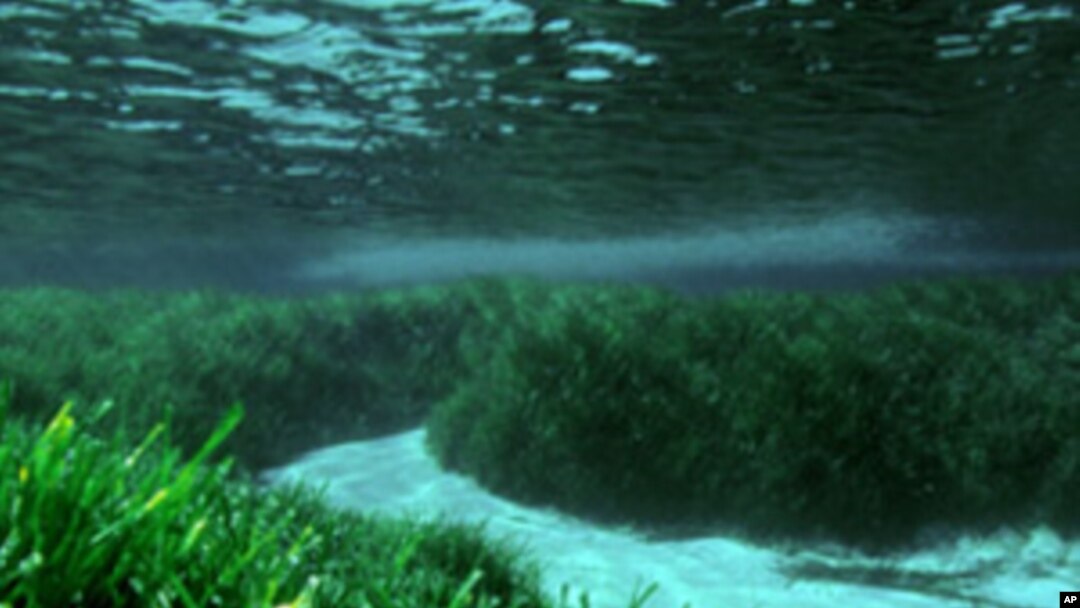Australian and European scientists say they believe ancient seagrass growing on the floor of the Mediterranean Sea may be the oldest living organism on the planet.
The researchers say their findings indicate the vast beds of submerged vegetation are most likely at least 100,000 years old. That is nearly 60,000 years older than a Tasmanian plant that currently holds the title of world’s oldest living thing.
The scientists say self-cloning and the ability to reproduce asexually are the keys to the incredible longevity of the giant Mediterranean seagrass, or Posidonia oceania, as the plant is scientifically known.
While the study's overall findings suggest some of the seagrass could be up to 200,000 years old, the researchers say they do not consider it likely because areas where they collected samples were dry land only 10,000 years ago when the sea level was 100 meters lower than it is today.
The study was led by the University of Western Australia’s Ocean’s Institute. The research team’s findings are published in the journal, PLos ONE.
In general, seagrasses are the foundation of key coastal ecosystems, but they have been in a state of decline for the last 20 years.
The scientists say they are concerned that these plants that have thrived for millennia may no longer be able to adapt to the current unprecedented rate of global climate change.



